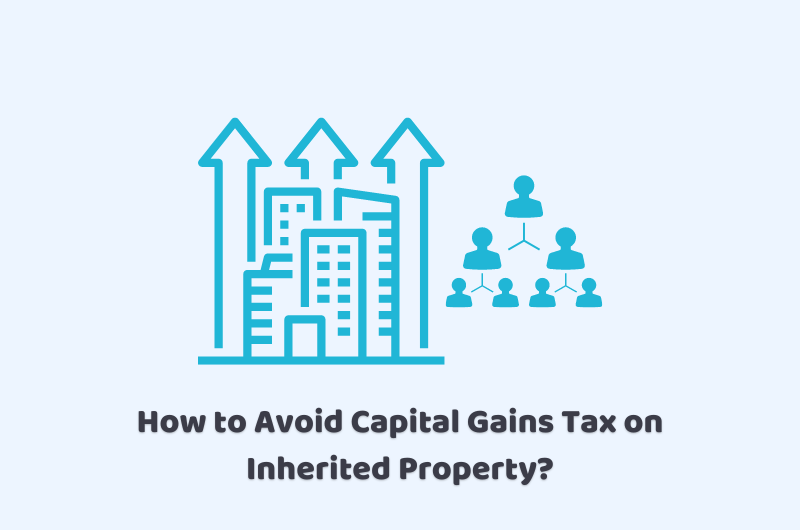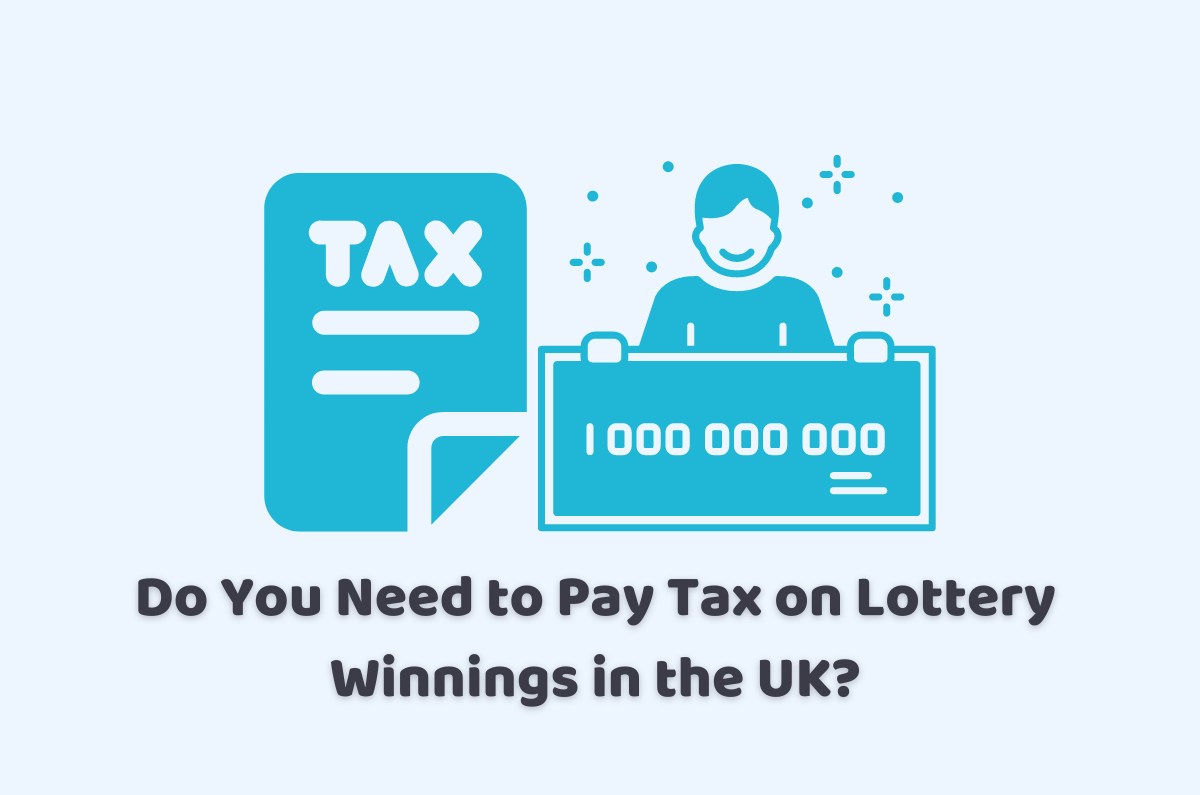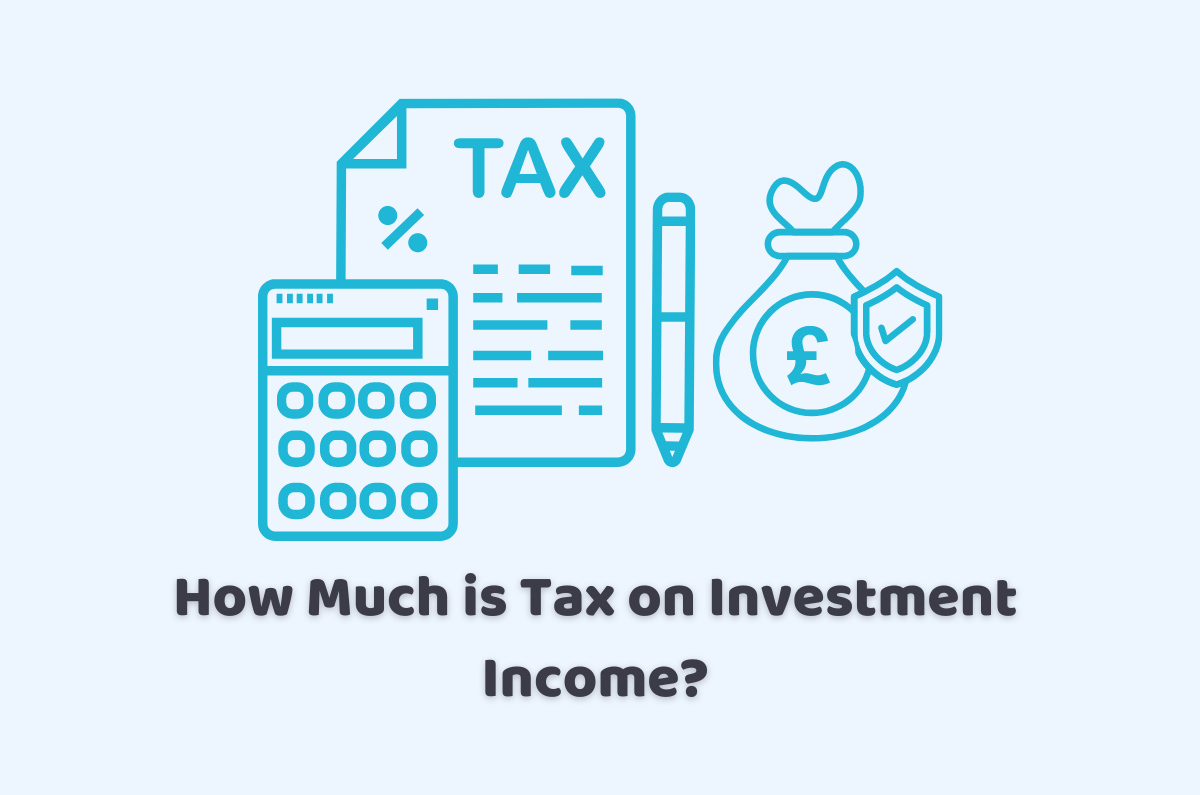
29/11/2022tax , Tax Issues , Tax News and Tips , Tax Saving Tips
Any type of property or house that is inherited is able to increase the value of an estate. However, you need to be very careful regarding this matter because if you do not handle it efficiently, you will end up paying more tax than you ever expected in higher tax bands. This mostly happens in cases where the inherited property is a house and its value has increased since the period you got it inherited. You are in a position to pay the capital gains tax when you plan to sell it. A hefty increase in tax liabilities is expected if the property value is raised. People often enquire about how to make the avoidance of capital gains tax possible on inherited property, in such cases. The good news is that there are a few tips on how you can avoid paying a hefty amount of capital tax gains in such a scenario. In this guide, we have outlined whatever you wish to know about capital tax gains. This involves the discussion of what is capital gains tax, what is capital tax gains allowance, how to avoid paying capital tax gains on inherited property, and how can you calculate the amount that you owe in form of capital tax gains on your inherited property.
Talk to our best accountants and bookkeepers in the UK at CruseBurke. You will get ensured instant help if you want to know about how to avoid capital gains tax on inherited property.
What is the Capital Gains Tax?
Capital tax gains is implemented when a property is sold out with a price that is more than its original price when the individual purchased it. If you consider the investment portfolio, the capital tax gains are normally considered as selling stocks in terms of tax. It is implemented to the tangible assets in a similar way.
This helps us to know that capital gains tax means that you are taxed on the profits that you have earned by the increases in the value of the inherited property. This relates to the benefits you get when you sell an asset. Let’s take the example of an artwork that you have purchased for £6,000, but the value of the asset increased at the time of selling and you sold it out for £36,000. Now consider the profit you have earned which is £30,000 in this case, this is the figure on which you will have to pay the capital tax gains.
The amount of capital tax gains totally depends on what kind of taxpayer are you. Whether you are a higher-rate taxpayer or an additional-rate taxpayer. The number of your gains has also done a lot here and it helps decide the amount of your capital tax gains further.
What Refers to the Allowance of Capital Tax Gains?
For the year 2022-23, the amount of capital tax gain allowance is £12,300. Capital tax gains allowance refers to the amount you have earned as profit after selling an asset. This is before you have paid the tax on your profits. Your allowance will be combined if you have a joint account or join a venture of selling the assets with another individual. The previous capital gains allowances can not be used or carried forward to the next year. This is something important to understand here. However, you are able to combine the gains with another individual who is with you selling the assets.
How to Avoid Capital Gains Tax on Inherited Property?
There are observed two possible ways that can help you to avoid the capital gains tax and they are listed and explained below.
1- As Soon as You Inherit the Property, Gift it or Sell it:
In this scenario, you will not wait for any further increase in the property value. This will help you to keep the value of the property the same at the time of inheriting the property and at the time of selling it. If you make it possible there will not be any capital tax gains for you to pay. However, this practice is not very appreciated by professionals because this decreases the value of a property.
2- The Inherited Property is Your Principal Property:
When you make the inherited property your principal property, this will help to avoid paying the capital gains tax and you can sell the property on a later date as well. You will have to ensure that not any home out is happening during this period.
How Do I Calculate the Capital Gains Tax on Inherited Property?
People often find the calculation of the capital gains tax amount as a complicated process. If you break down the steps and follow one step at a time, you will be able to do it. The first step you will consider is to calculate your total gains. You will get the answer when you minus the value of the property at the time of inheriting from the selling value of the same property. Then you will have to deduct your capital tax gains allowance from the amount to get the exact taxable gains. This can be written as:
Total gain = (value of the property when sold – the value of the property when inherited) – additional costs
The Bottom Line
Now that you have gathered a fair amount of information about how to avoid capital gains tax on inherited property, we can bring the discussion towards wrapping up. There are a few ways to avoid capital gains tax, however, if you follow them efficiently they will be beneficial for you. We hope these few minutes of reading will help you to develop a better understanding of how to avoid capital gains tax on inherited property. This will further allow you to handle your tax affairs efficiently in the future.
Are you seeking professional help to know how to avoid capital gains tax on inherited property? Why not get help from the experts at the CruseBurke? Talk to us now!
Disclaimer: All the information provided in this article on how to avoid capital gains tax on the inherited property including all the texts and graphics, in general. It does not intend to disregard any of the professional advice.



